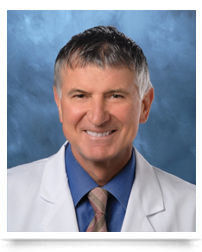Yumiko's Journal
Mitral Stenosis, Joined September 18, 2023
Mitral Stenosis
Joined September 18, 2023
-
 I am from: Phoenix
I am from: Phoenix -
 My surgery date is: January 16, 2024
My surgery date is: January 16, 2024








